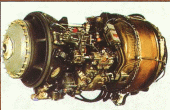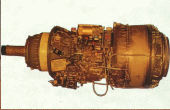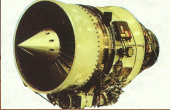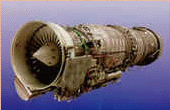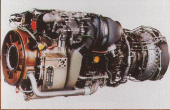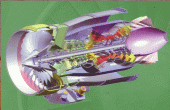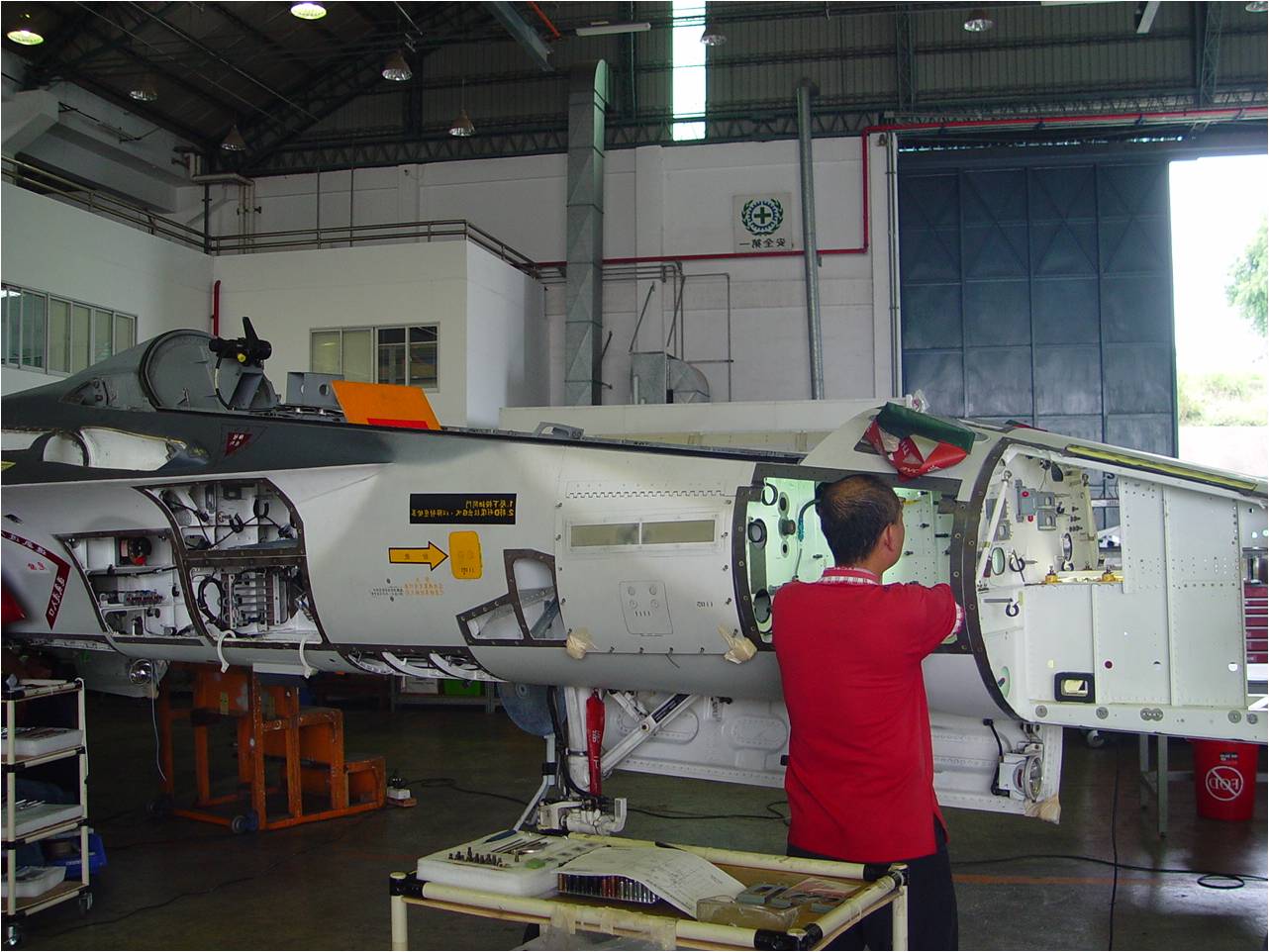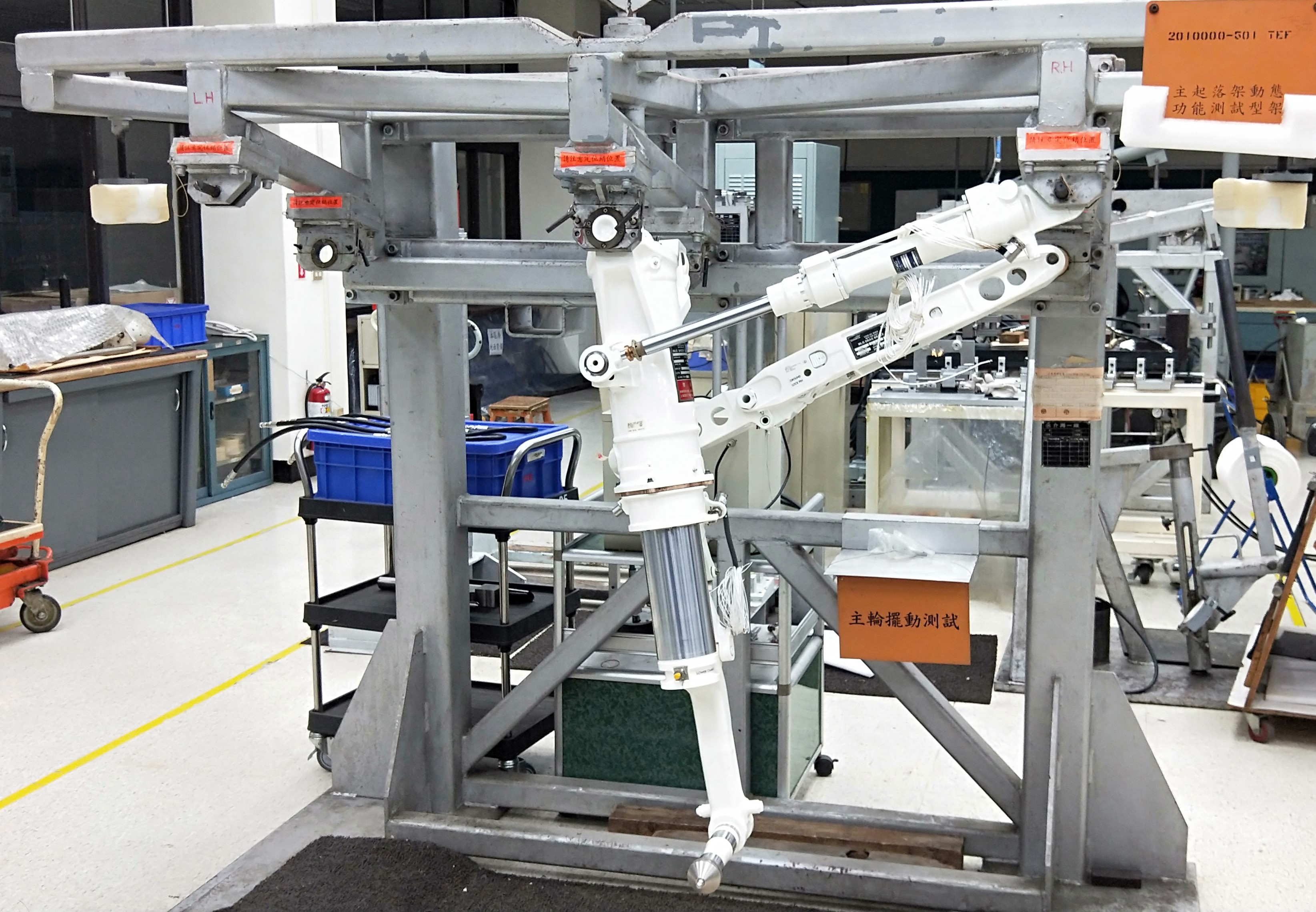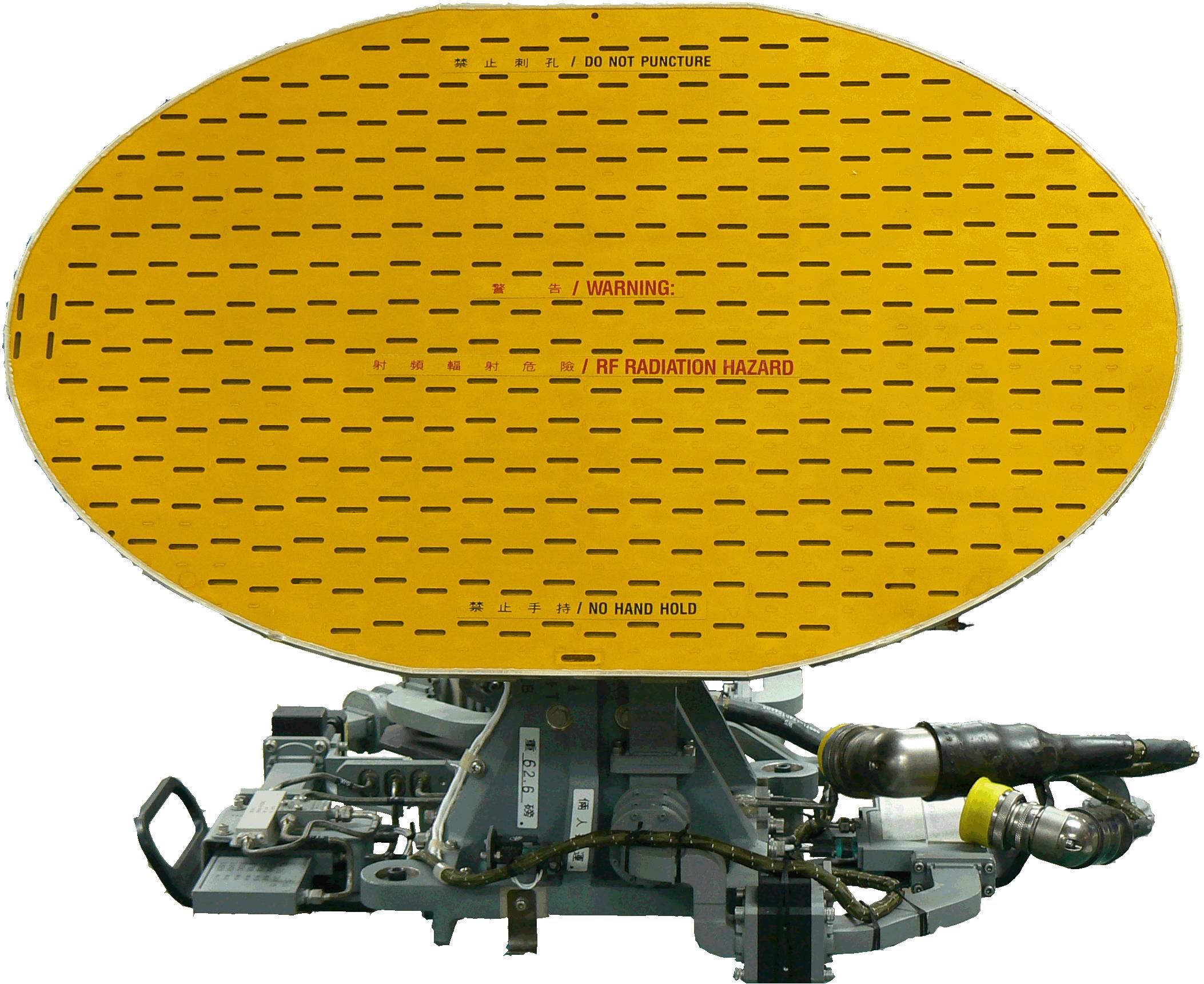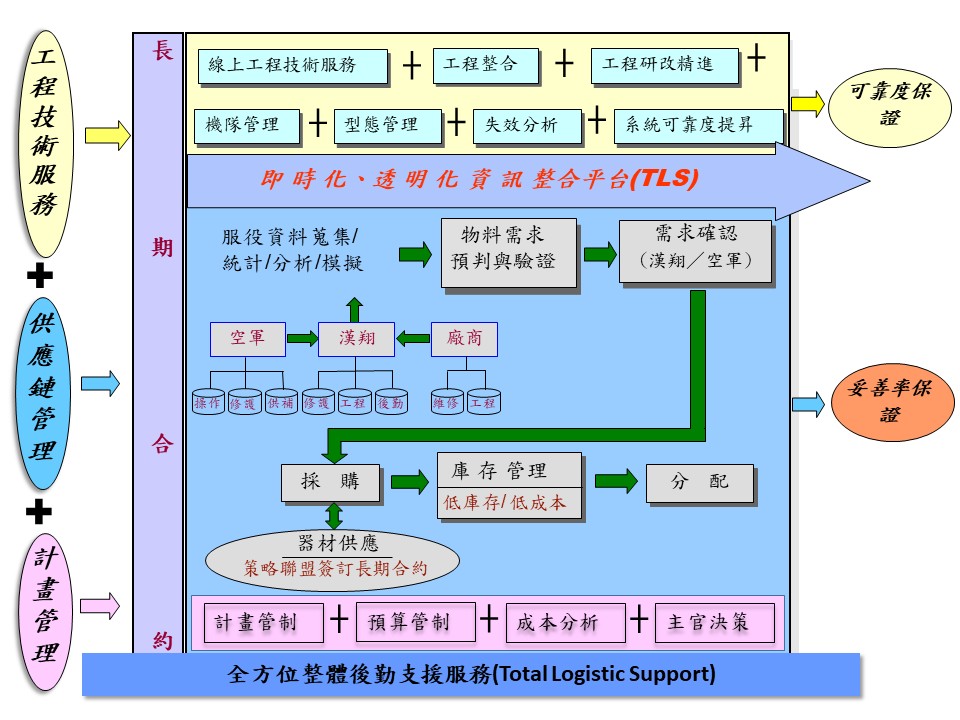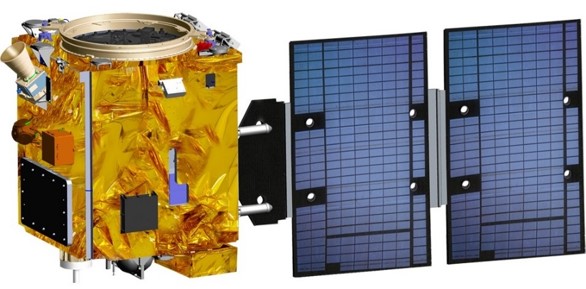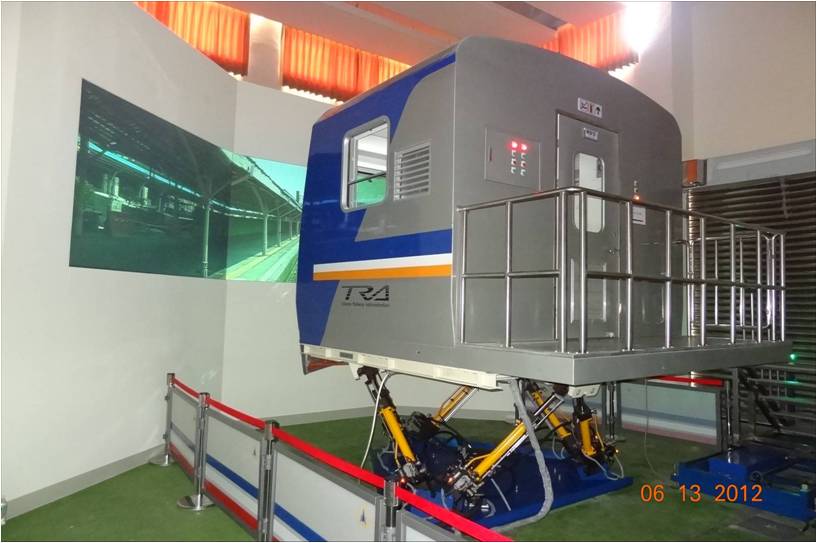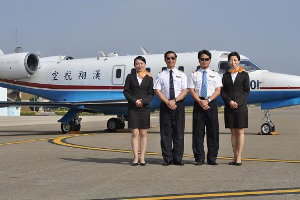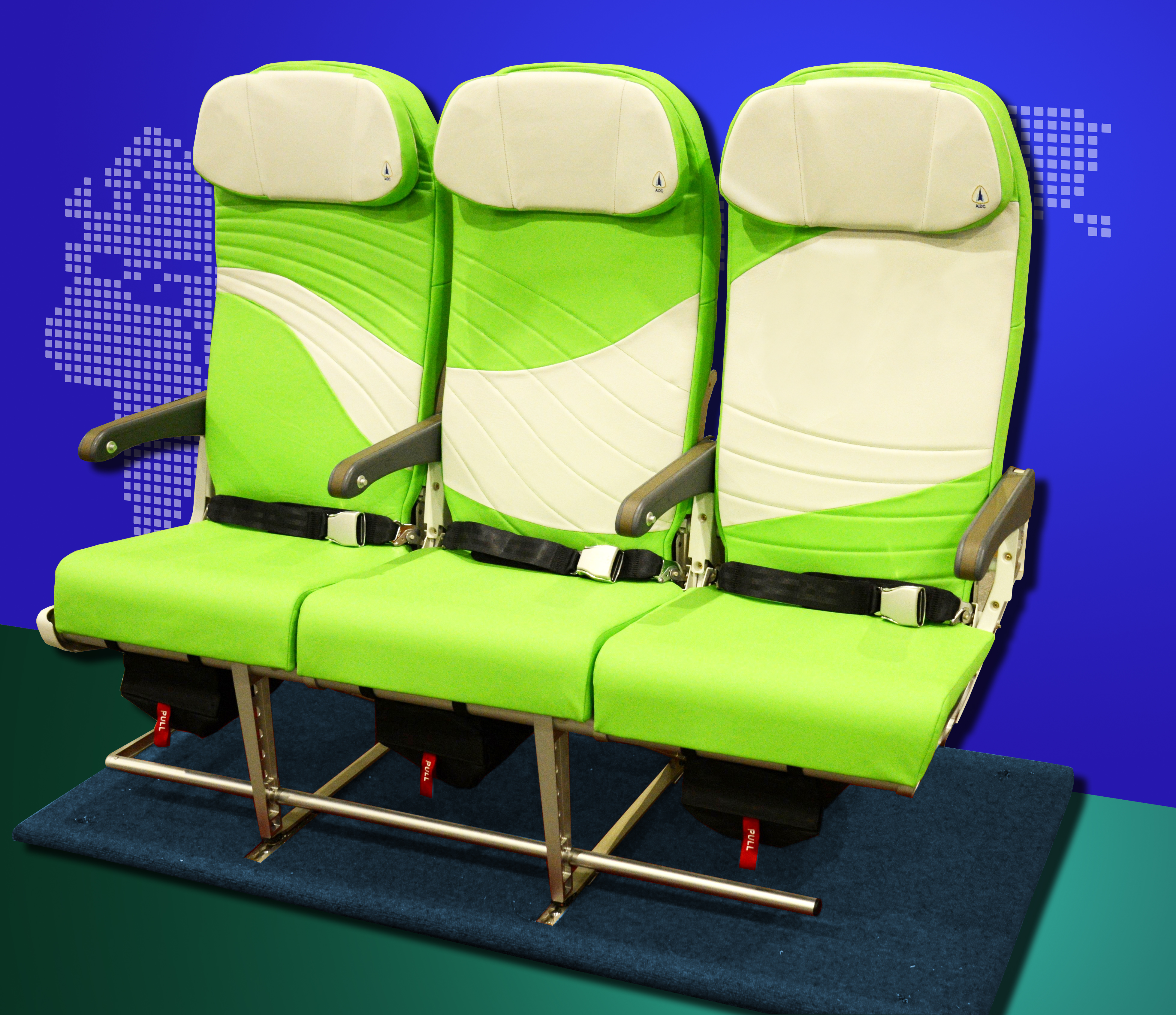


AIDC boosts and creates own brand (Made in Taiwan) to enter into the international aviation seat market
2018/3/23
AIDC jointly participated in an “Aircraft Passenger Seat Industry Cooperation Presentation” along with domestic supplies on March 23, 2018. AIDC Chairman Liao announced AIDC intends to integrate domestic aviation seat suppliers together to create our own brand and enter into international civil aviation market.
Chairman Liao cited that AIDC had invited more than 20 suppliers to jointly develop aircraft passenger seat which have characteristics of innovation, comfort, lightweight, high quality and options to secure orders from both domestic and international customers. Chairman Liao disclosed that AIDC will also attend the International Interior Exhibition held in Hamburg, Germany on April 10, 2018. AIDC will exhibit a single-aisle economy class seat which is intended to penetrate the international aircraft passenger seat market.
The upgraded seat version is also anticipated and will focus on lightweight and comfortable design with features of composite backs, flat phone support frames, wireless charging devices, adjustable headrests, and cradle-type seats. AIDC is in work with domestic suppliers to jointly enter into the international market to meet global customers’ requirements.
AIDC started the development of aircraft passenger seat in 2014 and announced having received approval of the TSOA/Technical Standard Order Authorization during the Taipei Airshow in 2017. AIDC expects to receive the US FAA approval in the second half of this year (2018). The design license (LODA/Letter of Design Approval) is the first aircraft passenger seat in Taiwan that complies with the 16G specification.
Most of the seats used for passenger transportion aircraft were originally designed to meet the 9G seat specifications established before 1988. As a safety performance requirements, the Federal Aviation Administration (FAA) states newly designed passenger aircraft are to withstand 16G dynamic tests to ensure that the aircraft is sufficiently safe to protect passengers in case of an emergency landing.
Boeing and Airbus predict that more than 35,000 aircraft will be delivered in the next 20 years. On the other hand, airlines typically will change their seats every 4 to 8 years. It is estimated that the demand for replacement seats will be 1.5 folds exceeding the need for the new aircraft. Market forecasters (Markers and Markets), estimate future demand will be 20 million seats and the aircraft passenger seat market will grow at an annual rate of 14.15%, which will grow to $16.94 billion in 2021
Chairman Liao cited that AIDC had invited more than 20 suppliers to jointly develop aircraft passenger seat which have characteristics of innovation, comfort, lightweight, high quality and options to secure orders from both domestic and international customers. Chairman Liao disclosed that AIDC will also attend the International Interior Exhibition held in Hamburg, Germany on April 10, 2018. AIDC will exhibit a single-aisle economy class seat which is intended to penetrate the international aircraft passenger seat market.
The upgraded seat version is also anticipated and will focus on lightweight and comfortable design with features of composite backs, flat phone support frames, wireless charging devices, adjustable headrests, and cradle-type seats. AIDC is in work with domestic suppliers to jointly enter into the international market to meet global customers’ requirements.
AIDC started the development of aircraft passenger seat in 2014 and announced having received approval of the TSOA/Technical Standard Order Authorization during the Taipei Airshow in 2017. AIDC expects to receive the US FAA approval in the second half of this year (2018). The design license (LODA/Letter of Design Approval) is the first aircraft passenger seat in Taiwan that complies with the 16G specification.
Most of the seats used for passenger transportion aircraft were originally designed to meet the 9G seat specifications established before 1988. As a safety performance requirements, the Federal Aviation Administration (FAA) states newly designed passenger aircraft are to withstand 16G dynamic tests to ensure that the aircraft is sufficiently safe to protect passengers in case of an emergency landing.
Boeing and Airbus predict that more than 35,000 aircraft will be delivered in the next 20 years. On the other hand, airlines typically will change their seats every 4 to 8 years. It is estimated that the demand for replacement seats will be 1.5 folds exceeding the need for the new aircraft. Market forecasters (Markers and Markets), estimate future demand will be 20 million seats and the aircraft passenger seat market will grow at an annual rate of 14.15%, which will grow to $16.94 billion in 2021

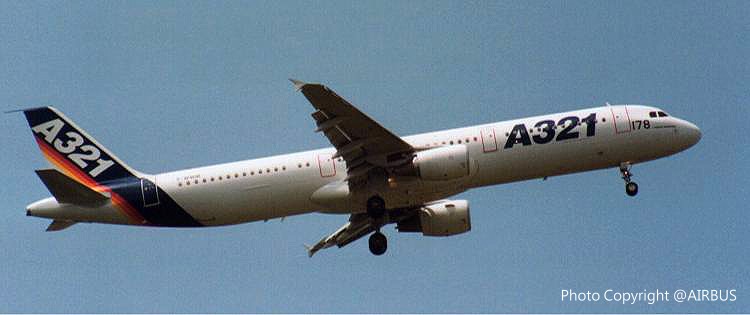
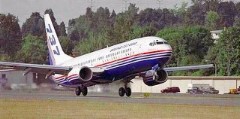
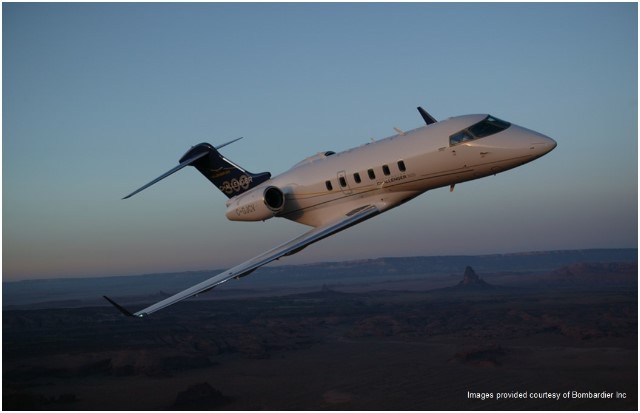
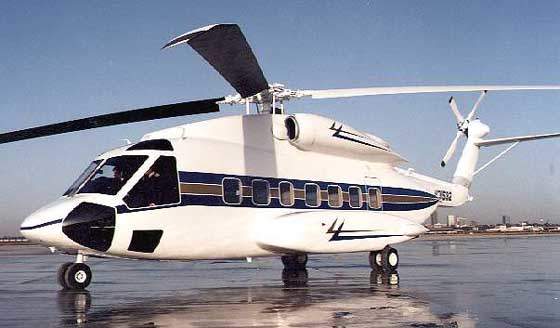
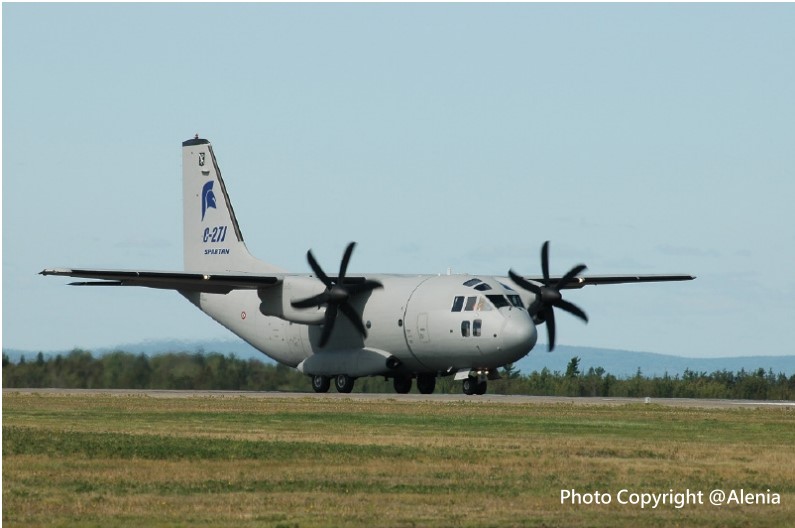
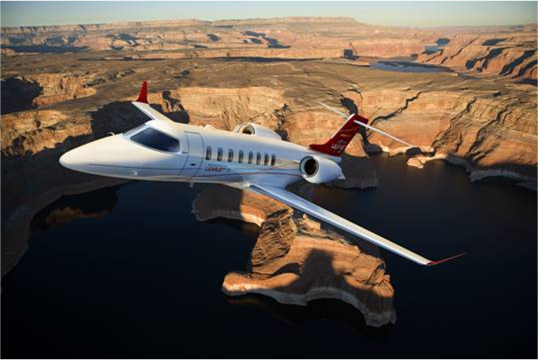
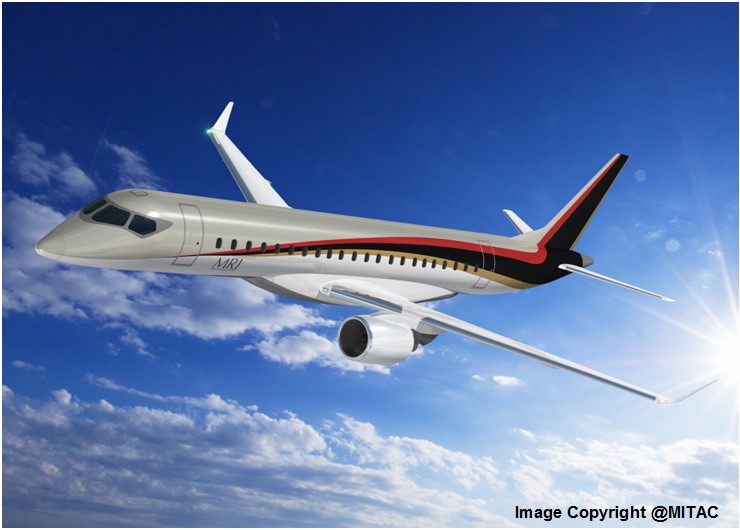
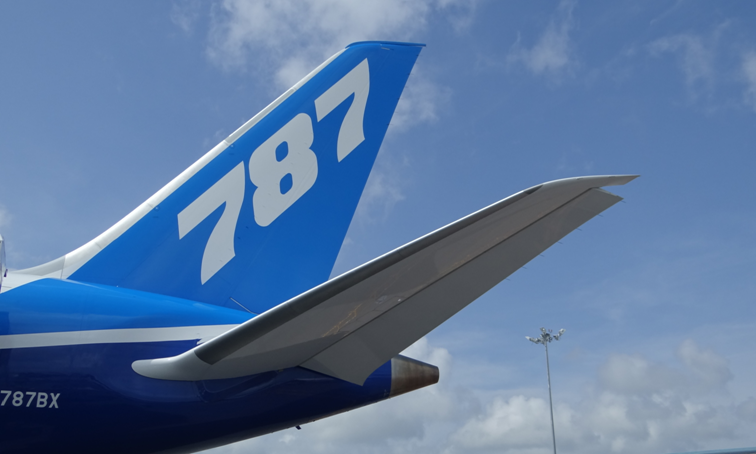
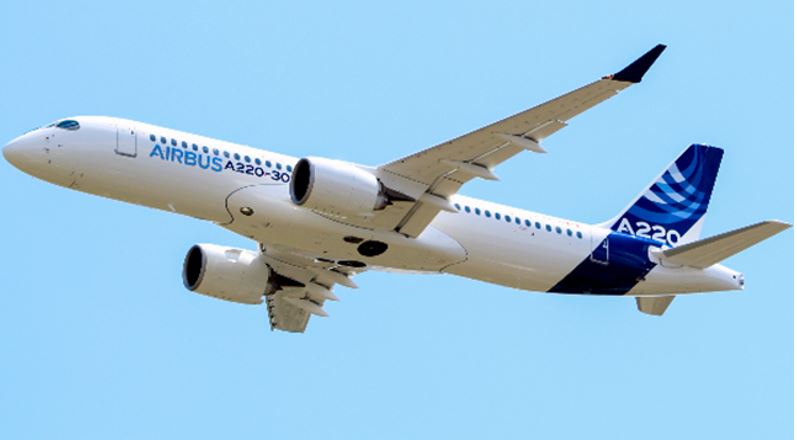
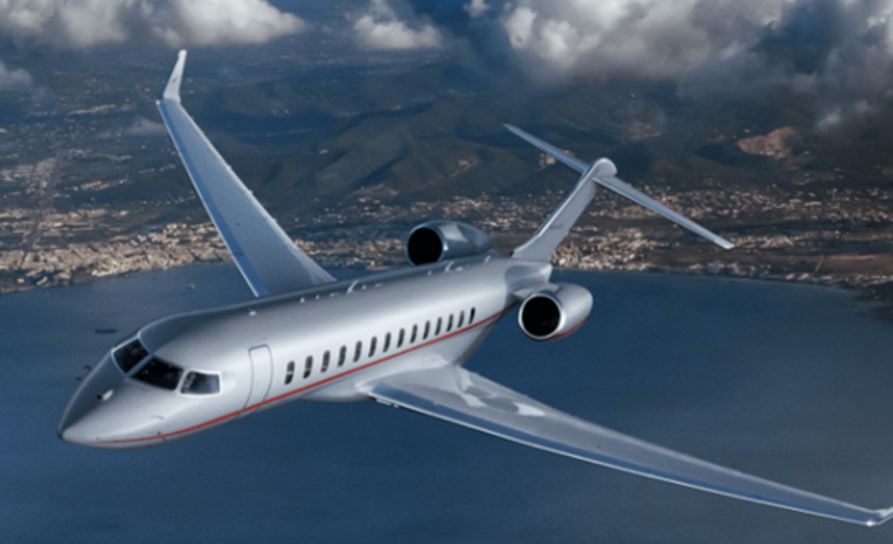

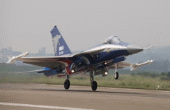
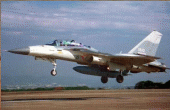
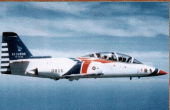
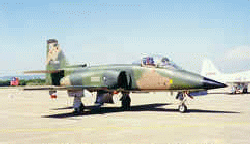
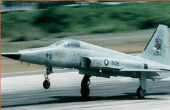
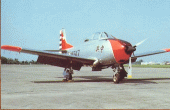
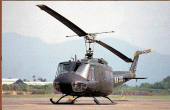
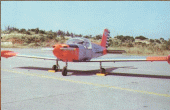
.jpg)
